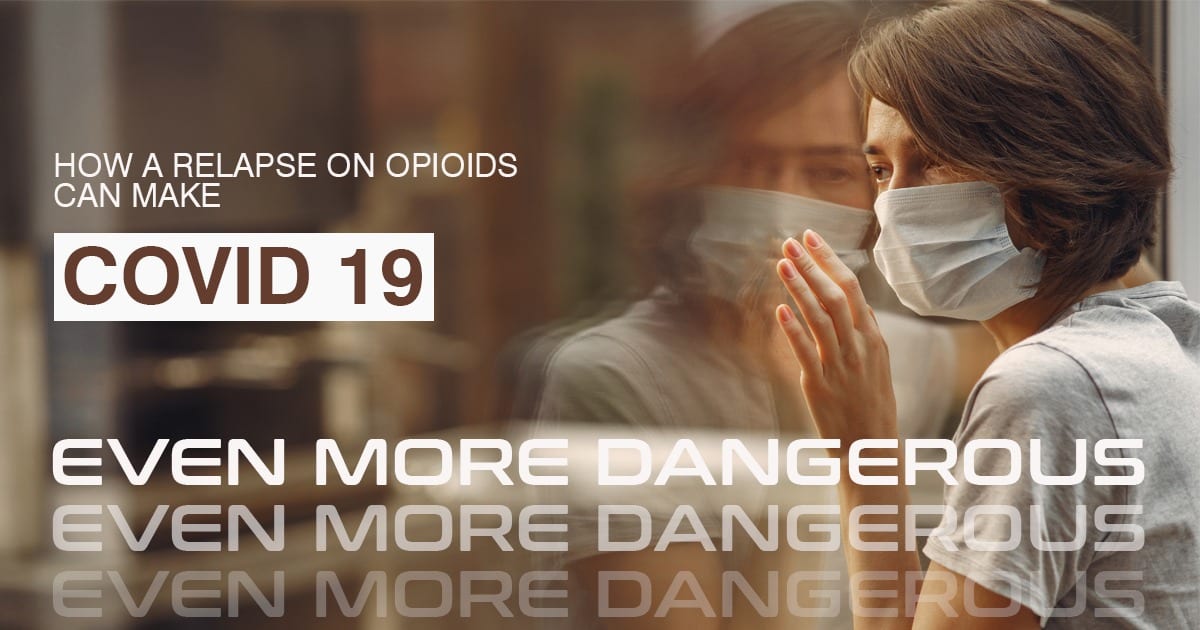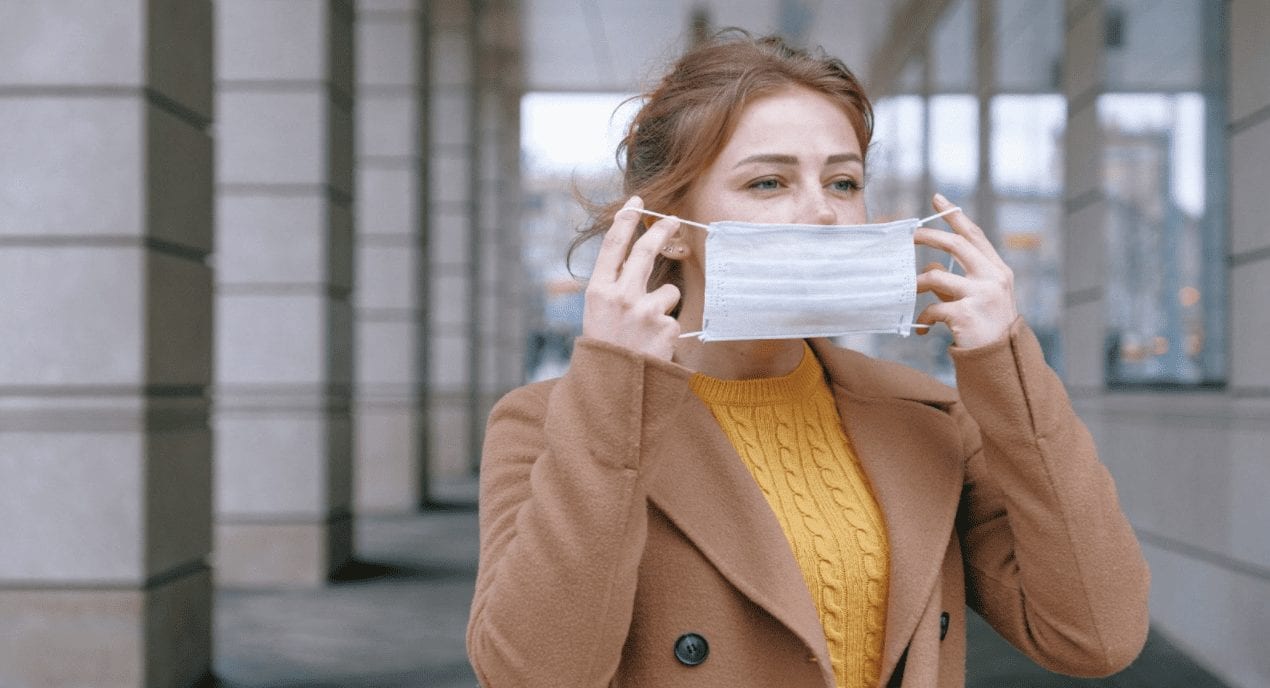
Covid-19 presented many challenges for people across the world. Anxiety, grief, joblessness, depression, financial worries, and other mental health issues all skyrocketed, which may have contributed to the worsening of the national opioid crisis. In 2020 over 40 states in the US reported increases in opioid-related deaths and an increasing concern for relapse on opioids. Covid-19 took away so much from so many people, but out of all the things the pandemic took away, access to drugs is not one of them.
One other contributing factor to the ongoing opioid crisis is the rising popularity of the highly dangerous drug Fentanyl. Fentanyl is not a new drug, it’s been prescribed for paid since the 1960s, however, people are becoming aware of it more and more in the past few years (seemingly gaining traction upon the musician Prince’s fentanyl overdose.) Fentanyl is 50x stronger than heroin and 100x stronger than morphine. This synthetic drug has undoubtedly been a factor in drug relapse on opioids and overdoses since the pandemic began.
Increased Risk
It is essential to know that during these uncertain times of a global pandemic, people who are in recovery are particularly vulnerable and may be easily triggered to relapse on drugs or alcohol due to the unusual amount of stress from social isolation and other COVID-19 related life changes.
For people with addiction that have co-occurring diseases like depression, anxiety, and other mental health issues during the COVID-19 pandemic, the constant flow of stressful news has led many people to increased feelings of worry, doubt, anxiety, and stress.
Indulging in alcohol and abusing drugs to cope may temporarily help an addicted person feel better. Still, with each extra dose of the drug taken and with alcohol in your system, you step farther away from sobriety and healthy living, and your conditions only worsen with time.
Do your part and educate yourself on the warning signs and triggers of addiction relapse.
Healthy Coping
Relapse prevention involves seeking out healthy activities and professional help. While the world does not look or feel how it used to, there are still activities that are good for your mental and physical health. Taking an extended break from depressing news and social media will alleviate stress, anxiety, and depression.
Here are some healthy activities to cope with the stress of the pandemic:
- Go for a walk or drive
- Exercise outdoors
- Play a video game or watch a light hearted movie
- Make a phone call to a friend or family member with whom you may have lost touch
- Earn professional certifications online to further your career (They’re free)
- Take a nap
- Update your resume
- Write in a journal
- Read a book
By refocusing your energy and thinking to a more positive mindset you will be reducing the risk of relapse, which only complicates the pandemic even further. Additionally, throughout these difficult times, mental health and addiction services are considered essential and still accessible.
Covid-19 and Drug Addiction
It is reported and observed that alcohol and drug abuse can put drug addicts at a high risk of contracting COVID-19 or experiencing more severe consequences than people who do not abuse drugs.
Opioid use disorder and withdrawal puts an enormous strain on someone’s body.
Withdrawal symptoms from legal and illegal opioids might include:
- Excess sweating
- Increased blood pressure
- Body aches
- Fever
- Diarrhea
- Hallucinations
- Nausea
These symptoms may compromise your immune system and reduce a person’s ability to combat infections (like Covid-19) Unfortunately, knowing the risks involved is not convincing enough for most addicts to avoid these risky situations.

During the pandemic, the situations people put themselves in for accessing drugs became even more dangerous. For example, when picking up drugs from a dealer they are putting themselves at risk to become infected by interacting with people who have been interacting with others.
Smoking is used by a significant number of drug users as a primary means of getting high. An individual who smokes is at even higher risk for the virus’s most deadly side effect, respiratory illness.
COVID-19 targets its attack at the lungs of the infected person in many of its fatal cases. The infamous dry cough is one of its most classic symptoms. While there are other symptoms, such as fever, exhaustion, muscle aches, and body aches, pneumonia is the most dangerous part.
Steps to Prevent the Spread of Covid-19:
- Wash your hands often
- Do not share any type of pipe, joint, or other intravenous devices with other people.
- Continue addiction and mental health treatments virtually
- Avoid in-person contact.
- Wear a Mask
- Get vaccinated
Is the pressure of the pandemic challenging your sobriety? Help is available. Our treatment facility offers women access to support groups, health care guidance, counseling, and tools to guide them to long-term sobriety. Join the only women at Anchored Tides Recovery. Call us today at 1-866-524-6014 and get your loved one on the road to recovery.































